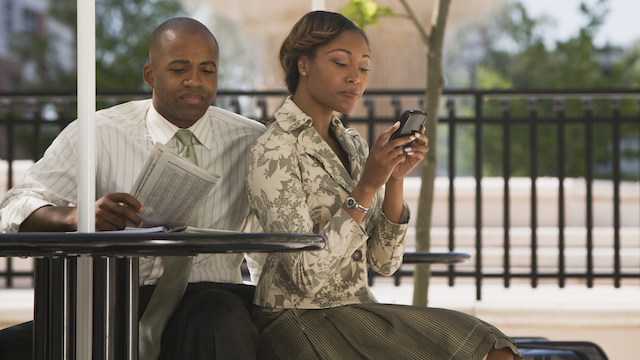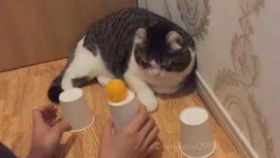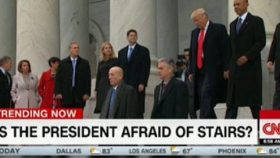
If you have a smartphone, you’re probably a “phubber.” The phrase was coined by two Baylor professors to describe people who snub others while using their smartphone.
Drs. James A. Roberts and Meredith David conducted a study on this growing trend among first-world humans and their discovery was as surprising as a teenager receiving a text message in class: phubbing can increase levels of depression.
Regardless of whether you’re a severe or just an occasional phubber, that shouldn’t come as a shock to you. Even the greatest phubbers are aware of their behavior and make light of it through memes on social media:
Does that image at least somewhat accurately describe your romantic relationship? Or even the one you have with a friend?
The increased levels of depression from phubbing mentioned above from the Baylor study are mostly correlated to romantic relationships and secondarily linked to an individual’s greatest friendship.
While some may see this as a wakeup call to alter their behavior when it comes to entertainment from a smartphone (or any other mobile device, for that matter), the greatest factor is that many relationships include two phubbers, such as the one illustrated above.[comments id=”888″]
Roberts and David created a nine-item survey to determine an individual’s level of phubbdom with “yes or no” statements ranging from:
I always have my cell phone in sight when I am spending time with others.
to:
I use my cell phone when I am on a date or with my romantic partner.
Some have posed the question: How do these habits formulate, especially in a romantic relationship? Roberts and David didn’t cover that specifically, but their work leads us to several very safe conclusions.
The last item of the survey reads: “If there is a lull in a conversation, I will diddle with my cell phone.”
This behavior typically begins with other people who fall under the acquaintance category and then works its way into an individual’s more meaningful relationships.
For example, an individual who works on the 11th floor of a 20-story building is in the elevator multiple times per day. If there’s a crowd in an elevator, sometimes there’s brief small talk or chatter, but not everyone partakes in the attempted surface-level camaraderie.
A vast majority of the time, at least one person will pull out his or her smartphone and pretend to engage in a meaningful activity to avoid the direct interaction. This is especially true when there are only two people in the elevator together who have never spoken to each other before.
Even when that phubber is engaged by someone else directly in the elevator, he or she will look up and give a one-word answer that sometimes doesn’t match the context of the original communication and go right back to looking at his or her phone all in about one and a half seconds.
The lack of immediate and keen interest in the conversation leads severe phubbers to immediately seek it from a virtual source rather than the in-person opportunity standing next to them. Thus, when a conversation with a significant other hits a natural lull, these first adopters of technology, as they’re sometimes called, revert to the habit they’ve created outside of their meaningful relationship and that’s where Roberts and David’s study hits the nail on the head.[comments id=”71780″]
By now, you probably know the severity of your phubbdom, but if you want verification, Roberts half-jokingly says of those who answer “yes” to six or more of the nine items of the previously mentioned survey, “I will personally enroll you in The Betty Ford Clinic for habitual phubbers.”
Between three and five “yes” answers lands you in the “slippery slope of phubbing” category, and if you only have one or two yesses, then Roberts again half-jokingly says, “You are a master of cell-control or you don’t have any friends (just kidding).”
If you’re not already on your way to The Betty Ford Clinic and you have friends, then now is a great time to step away from that slippery slope. Your significant other (and/or your best friend) will certainly thank you later.
 Share
Share









